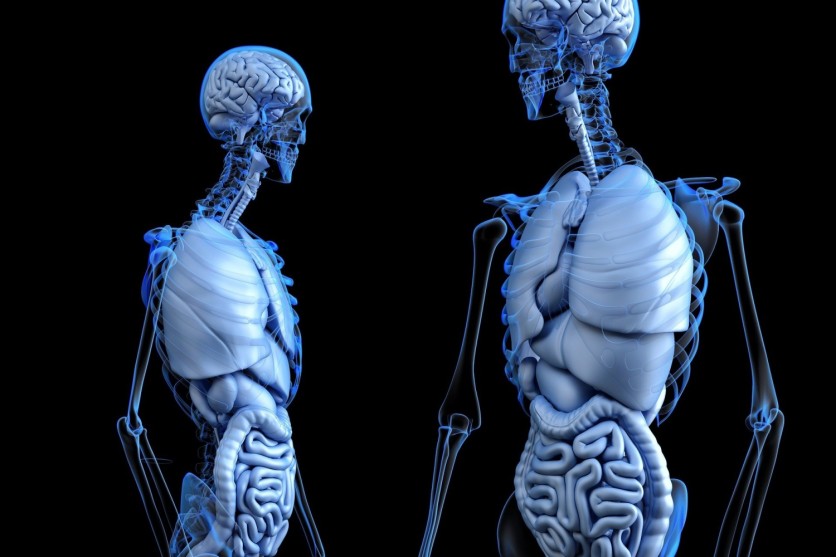Researchers have developed miniature 3D human colons enriched with immune cells, showcasing potential advancements in addressing conditions like inflammatory bowel disease (IBD) and cancer.
Miniature 3D Human Colons
The collaborative effort between researchers at the Medical University of South Carolina (MUSC) Hollings Cancer Center and Cincinnati Children's has yielded a refined model for studying diseased colons.
Unlike traditional organoids, these miniature human colons developed in the lab boast a crucial addition - an immune system.

The collaboration, led by MUSC researcher Jorge Munera, PhD, in tandem with James Wells, PhD, and Daniel Kechele, PhD, from Cincinnati Children's, focuses on enhancing existing organoids.
While advanced compared to standard human cell cultures, these miniature organs typically lack a natural connection to immune components. Munera and his team have tackled this limitation by cultivating colon organoids that closely mimic the human colon in both healthy and diseased conditions.
The significance of this model lies in its relevance to gastrointestinal diseases, many of which involve the immune system and inflammation. Munera explained, "We think that this new model is significant because most gastrointestinal diseases involve the immune system and inflammation."
Historically, the exploration of colon diseases, encompassing cancer and IBD, leaned heavily on cell studies and animal models. Yet, studies based on cells often revolved around cancerous tumors, restricting their relevance to non-cancerous diseases.
While animal models, despite their intricacy, carry inherent limitations, as therapeutic interventions proven effective in animals may not necessarily yield comparable benefits in human contexts, according to the researchers.
A happy medium between animals and cells is reportedly provided by organoids, 3D groups of cells that mimic organ functions. Organoids offer a balance between cells and animals.
Despite being more complex than traditional cell cultures, they lack some features of complete human organs and are not connected to a larger bodily system like animal models.
Read Also : NYU Surgeons Successfully Complete World's First Full Eye Transplant Following Deadly Accident
Early-Stage Immune Cell Types
Munera, Wells, and their team addressed a notable limitation of colon organoids by inducing them to develop early-stage immune cell types present in colon tissue.
These immune cells closely resemble those found in the human body, capable of detecting disease-causing bacteria and initiating removal, an essential step in researching potential therapies for diseases affecting the gastrointestinal tract.
Using stem cells sourced from patient blood samples, the researchers created colon organoids, showcasing the adaptability of stem cells capable of evolving into diverse cell types required by the body.
Through communication among these stem cells, a colon organoid is formed, featuring layers that mimic the natural structure of bodily tissue. The immune cells play a crucial role in the innate immune system, serving as the body's first line of defense against inflammation.
Munera anticipates that as this innovative organoid model undergoes further refinement, it could open avenues for personalized treatments tailored to address colon diseases.
In the future, these organoids might be generated from a patient's blood to test the efficacy of treatments before administration, offering a more tailored and effective approach to addressing colon-related ailments.
The findings of the study were published in the journal Cell Stem Cell.
Related Article : Breakthrough Spinal Implant Restores 'Fluid Walking' of Parkinson's Patient, Paving the Way for Clinical Trials





